In the 1980s quiz show Bullseye, contestants would often fall at the final hurdle. Amid sympathetic groans from the audience, a giant dart board would then slowly revolve to reveal the big prize they had agonisingly missed out on.

Often it was a shiny new speedboat, or some other distant treasure. 'Look at what you could have won,' host Jim Bowen would declare from behind jam-jar lenses.
A toned-down version of the jocular theme music would then play as the credits rolled and the unlucky couple were left to reflect on what might have been. For Manchester United supporters, what follows is a journalistic equivalent of the above. Look at what you could have won...
In February 2023, Mail Sport broke the bombshell story that a Qatari group was to enter the race to buy Britain's biggest football club. They did not win that race. Their offer for full control was shunned by the Glazer family in favour of Sir Jim Ratcliffe and his own revised offer to take a quarter stake. In real terms, Ratcliffe had offered far less in total – £1.25bn to £4.79bn - but crucially for the Americans his stake had valued the totality of United at slightly more.
The deal was done and Ratcliffe, a lifelong fan, was effectively given the keys, taking control of all operations. The Americans quietly trousered the cash, retreated from the limelight and no doubt looked forward to benefiting from success built on the back of others' graft.
They did not, however, all live happily ever after. Almost 12 months on, the 'new' United lurches from one PR disaster to another under Ratcliffe and his Ineos lieutenants. On Christmas Day they find themselves in a lowly 13th place following Sunday's 3-0 defeat by Bournemouth. After 17 games they are 17 points behind Liverpool, who spanked them 3-0 at Old Trafford.
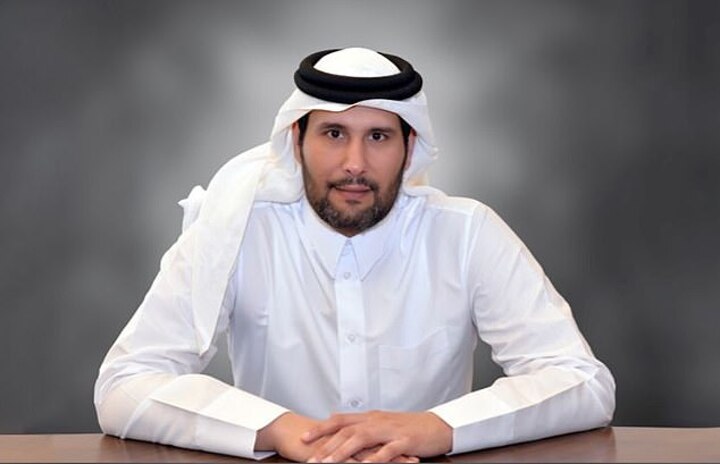

Off the field, a savage regime of cost-cutting has seen 250 redundancies made, tickets were hiked to £66 for kids and pensioners and a lauded new sporting director ended up spending more time on gardening leave than in his job. Fans have already protested outside Old Trafford in a honeymoon period so short it would make Liz Truss wince. You may think that those involved in Qatar's failed bid are taking all this in, reaching for the popcorn and reflecting with some relief on a bullet dodged. You would only be half right.
Yes, the situation is being monitored closely but there is no gloating here in Doha, only deep sadness and a regret over what might have been. It was, Mail Sport can reveal, not meant to be like this. Plans for the rebirth of Manchester United, fuelled by vast wealth and some of the finest sporting and finance brains on the planet, had already been carefully drafted. The strategy for 'Project Ruby' as they had named it, went like this:
Day One: Announce takeover.
Day Two: Announce that all debt has been removed, that the club has been taken off the New York Stock Exchange and that it is no longer answerable to far-away stakeholders.
Day Three: Announce fully-funded plans for new stadium. As simple as that. Three days to change the club's history. In one quick movement, the life-sucking debt burden on United's proud shoulders – a legacy of a leveraged takeover that is estimated to have cost the club close to £1bn to service – lifted in a heartbeat. A clean break. As for the stadium, there would be no attempt to grab any money from the taxpayer or confusion over whether this would be a refurbishment or a rebuild. The funds were in place to build one of the biggest and best venues on the planet.
Under Ineos, a decision on next steps has been delayed to next summer, with a task force including Gary Neville, Greater Manchester mayor Andy Burnham and Lord Coe still to deliver a recommendation. The prospect of any taxpayer funding is difficult to reconcile.
Under Sheikh Jassim bin Hamad al-Thani, the figurehead of the Qatar bid, this would have been a more straightforward process. 'The b****y thing would have been fully in-motion now,' said one senior adviser to the group. 'A stadium for a football club paid for by a football club and nobody else. And as for the staff Ratcliffe is firing - we would have been hiring.'
Populous, the designers responsible for many of the venues at the 2022 World Cup, had already drawn up plans, which were shared with bidders for United.
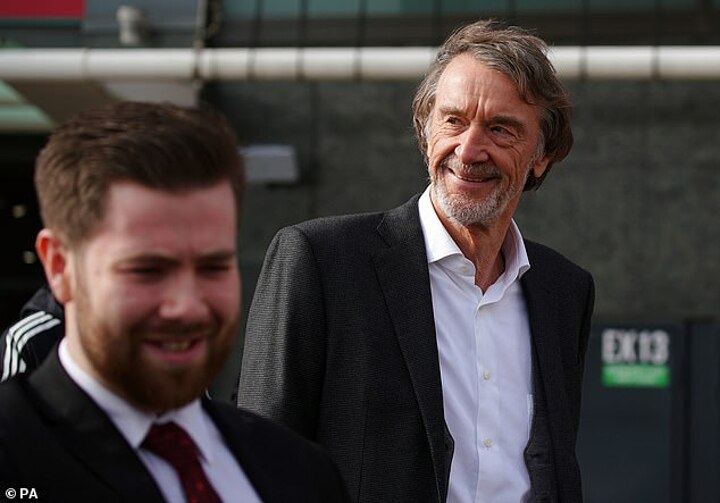
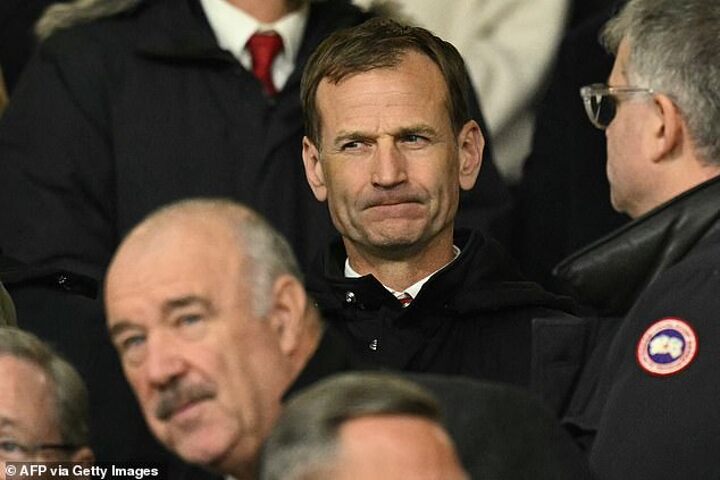
It can now be disclosed that an 'adaptable' stadium was being seriously considered, with a capacity of between 90,000 and 100,000.
Using ultra-modern technology, that capacity could be lowered 60,000 and 45,000 should it be deemed necessary. Such a move could well have seen United's women's team – still in exile down the road in Leigh – finally come home. 'The stadium was a huge element,' the advisor added. 'It was acknowledged that the main revenue driver was the TV deal followed by the stadium. And there was a separate fund earmarked for the women's team.
'They wanted to dispel the myth about that some had fuelled during the bidding process about a Qatari owner who does not exist. Everything was aimed at inclusion. The women would not be a sideshow, they would have their own training centre in Manchester as they do at (Qatari-owned) PSG.'
Leading commercial property company JLL, based in Manchester city centre, had already been signed up to work on the project. Populous, would have been tasked with creating something breathtaking, respecting the sacred traditions of Old Trafford while pushing the boundaries of conventional design. There were no plans to raise ticket prices. There were, however, plans to bring fans onto the board and to set up a fund to give supporters a stake in the club. 'We weren't looking to lay people off, we were looking to invest,' another insider explained.
What of the football? The Qataris had planned to utilise the knowledge they had learned, at times painfully, during their time at Paris Saint-Germain. While there have been no shortage of issues with the French club, it is worth noting that Qatar Sports Investments (QSI) paid 70m euros (£57.6m) to take control in 2011. Last December US investment group Arctos took a stake which saw the same club valued at 4.25bn euros. It is no failure.
There was an acknowledgement that local expertise was needed and the list, which can be revealed for the first time, was impressive. Far from being given the sack, Sir Alex Ferguson was to be cherished and invited onto an advisory board. Others, including Class of '92 members David Beckham and Neville, were also being lined up to add their input. In 2010, perhaps seeing the iceberg ahead and concerned by the amount of debt the Glazers had piled on, a group of wealthy fans had attempted to oust them. Known as the Red Knights, they were led by Lord Jim O'Neill, a lifelong United fan from nearby Gatley and chief economist at Goldman Sachs.
Lord O'Neill had been a non-executive director at the club when the Glazers took control and sought out a group to back a takeover. As part of his efforts he held meetings with the Qatar royal family and Sheikh Jassim - already chairman of Qatar Islamic Bank - was brought in as a known United supporter. While the talks came to nothing O'Neill, a sharp operator, had impressed those in the Qatar capital. He had been earmarked for a major role within the project.
The prospect of bringing in ex-Premier League supremo Richard Scudamore had also been discussed, along with the heralded Formula One guru Ross Brawn, who would bring out-of-the-box thinking and a focus on international growth. 'The initial aim was to provide stability across finance, infrastructure and operations,' one advisor explained. 'Football is unpredictable but there would have been a coherence to the strategy. It would have been simpler to make decisions, to execute.
'Sheikh Jassim would not have interfered. He wanted top people and to empower them, tell them 'get on with it' and those top people had been identified.
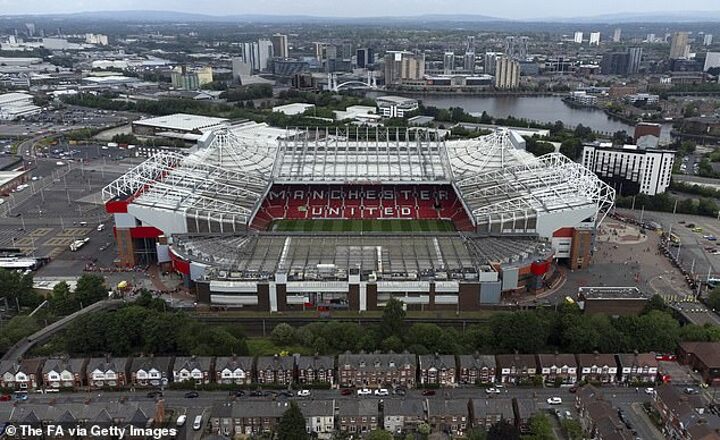
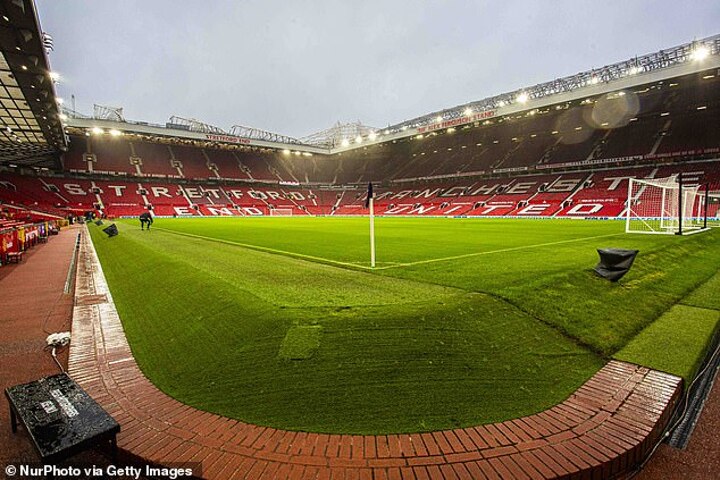
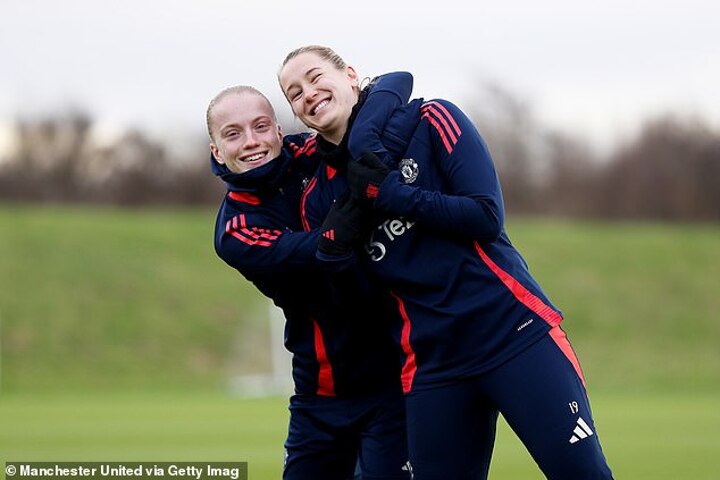
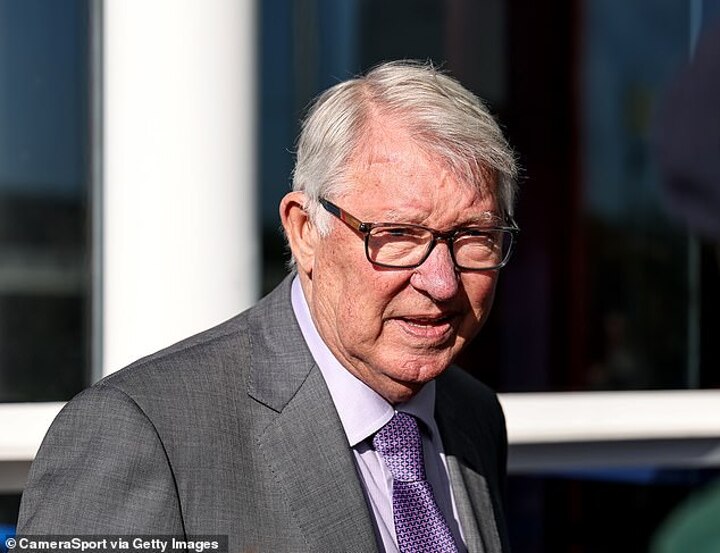
There remains scars from what was a brutal process. Sheikh Jassim had desperately wanted United, according to sources close to him. In the end, no fewer than five formal offers were submitted, along with several further verbal offers as the saga lurched into the summer of 2023.
Those with knowledge of the talks have disclosed that on two occasions the group were informed that they were the preferred bidders and were close to a deal being struck. But the call never came. The final formal offer from Qatar was for $5.8bn - but in a last-ditch attempt to get the deal over the line sources say that was raised verbally to $6.1bn.
When that failed to do the trick, the plug was pulled. Enough was enough. The view was that they were already being asked to pay hugely over the odds at around twice United's actual share price.
Given the perception of the country's unlimited wealth in the West, there was a determination not be ripped off. Now, there is, perhaps, a tinge of regret.
'In an ideal world then maybe we paid a little more to get it done,' one source explained. 'But we had already done that on a number of occasions. We felt like we were being used and the goalposts continually changed. We felt like we had already gone above and beyond.'
There had also been red flags. Sheikh Jassim had been criticised for keeping a low profile. In criticism that stung, his very existence had been questioned, along with the validity of the bid. Indeed, at his first press conference after completing his investment, Ratcliffe saw fit to add to the rumours. 'Nobody's ever seen him, actually,' he said. 'The Glazers never met him... I'm not sure he exists!'
In Qatar they failed to see the funny side. Legal letters were sent to US outfit Raine Group, who had also sold Chelsea and who were chosen to manage the bidding process.
In a subsequent interview with the Times in March, Raine Group founder Joe Ravitch delivered a very different message. He had met Sheikh Jassim, he said, who was 'a lovely guy; a very smart guy.' Now there is an admission that perhaps Sheikh Jassim should have been more visible.
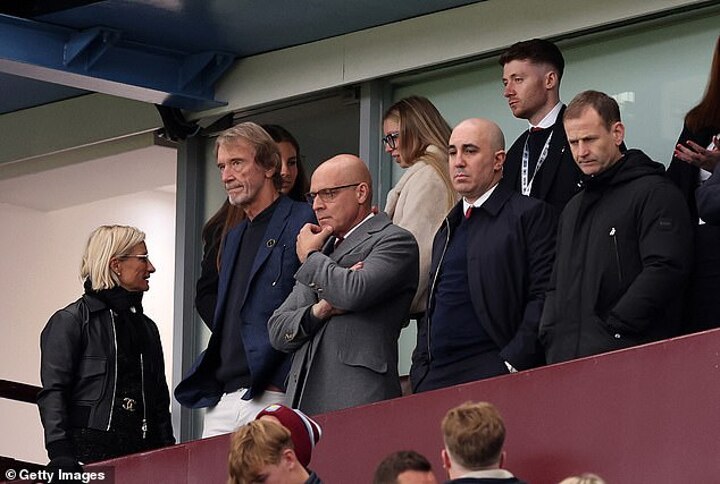
'Ratcliffe turned up to the training centre when it was their turn to be shown around,' one advisor recalled. 'The man of people, front and centre, having his picture taken. At that stage people were asking where Jassim was but that was not his style.
'It's not in the Qatari nature. We do the deal and then we go big. He was never going to take part in a beauty parade. He is a very modest businessman, he is discreet. Perhaps he should have swallowed his pride and paid extra but where would it have ended? They were already offering too much.
'One of the annoying things was that the bids were being compared as pears and pears but they were two completely different proposals. One would have seen things go very differently.'
None of the above will be of solace to those United fans – and the large numbers of staff - who had wanted the Sheikh Jassim bid to succeed. Perhaps, however, this is not the end of the story. 'Sheikh Jassim is still a rich guy,' explained the advisor. 'He is still a United fan. He is not going to rush off and try another Premier League club.
'If the opportunity to buy the whole of Manchester United arose again at some point in the future it is hard to see there not being a big level of interest. The plans are still there.'
